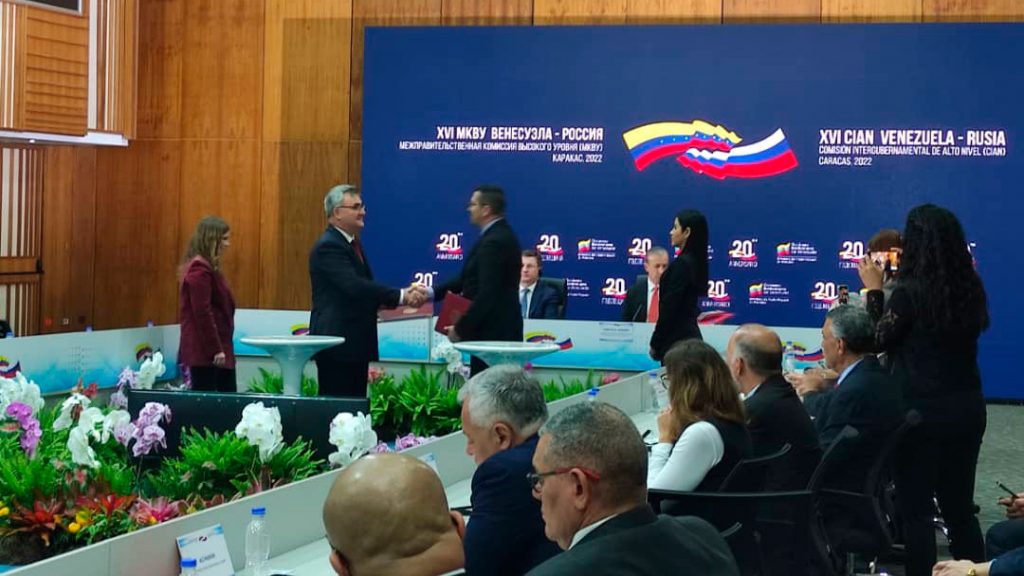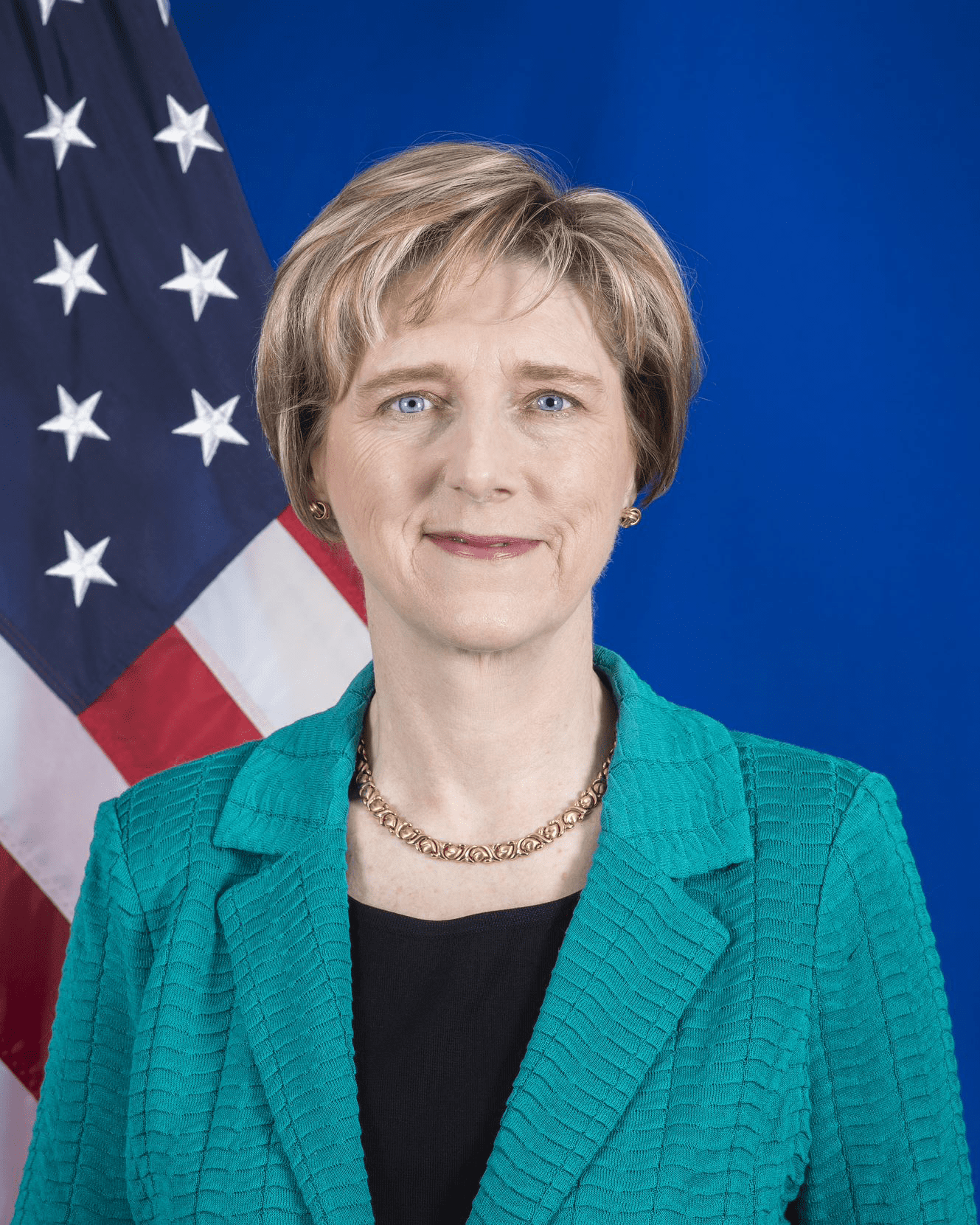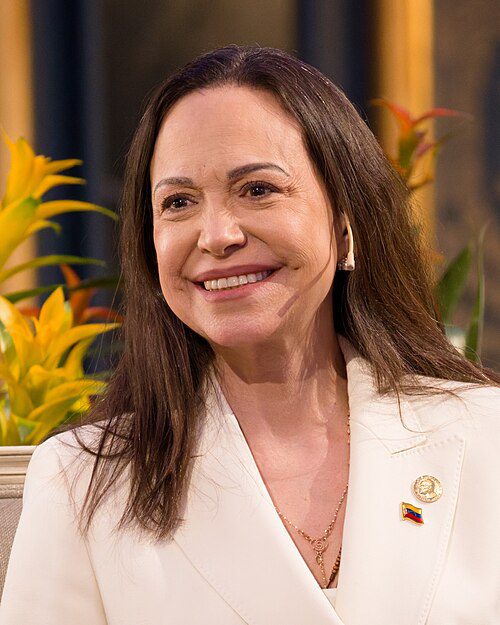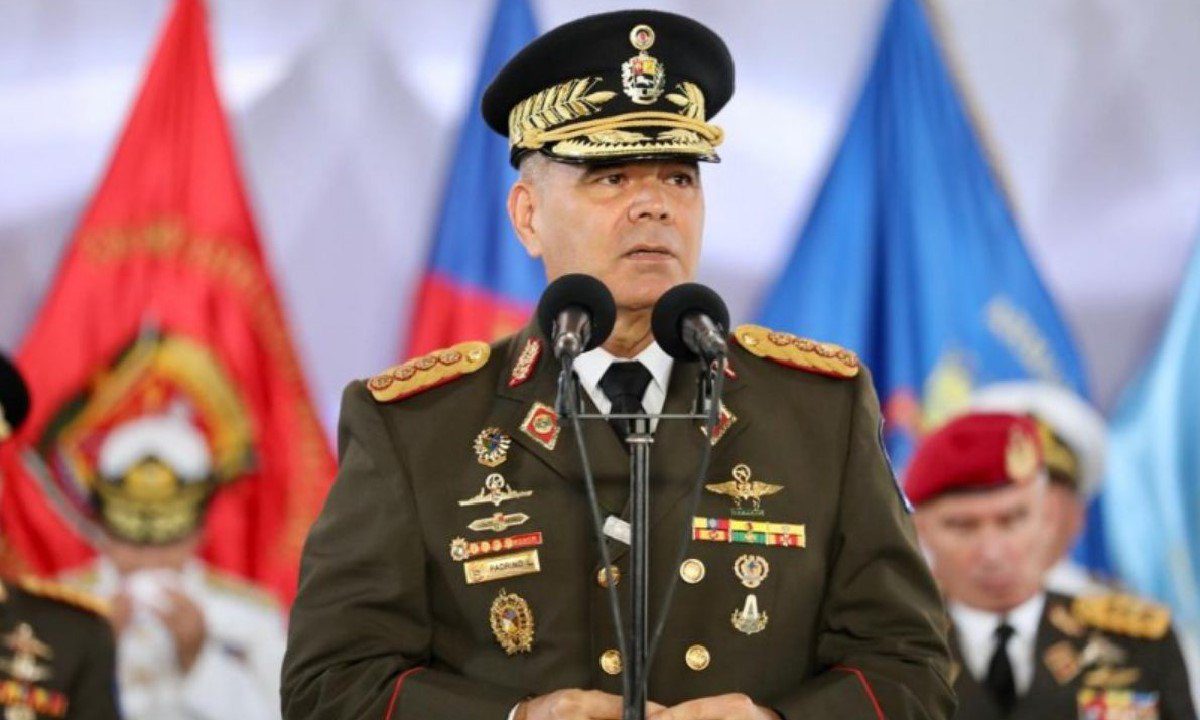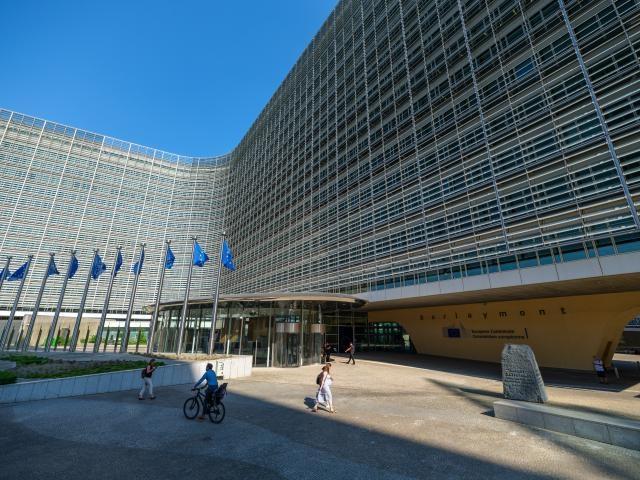For the installation of a new measurement station of the Global Navigation Satellite System (GLONASS) at the Capitán Manuel Ríos Aerospace Base, located in the town of El Sombrero in Guárico state, representatives from Russia’s State Space Corporation Roscosmos and Venezuela’s Bolivarian Agency for Space Activities (ABAE) signed a memorandum in 2022. Prensa Mincyt/Karina Depablos.
Guacamaya, April 25, 2025. The project, operational as of this week, promises improvements in transportation, agriculture, and infrastructure while strengthening the technological alliance with Moscow.
Nicolás Maduro announced this week during a televised event the activation of the SS1-S Measurement Station of the Russian GLONASS system on Venezuelan soil. Located at the Capitán Manuel Ríos Aerospace Base in El Sombrero, Guárico state, the facility aims to enhance navigation and positioning accuracy through satellite technology, with civilian applications in key sectors such as transportation, precision agriculture, and critical industry monitoring, according to authorities from both countries.
What is GLONASS?
The Global Navigation Satellite System, known as GLONASS, was initially developed by the Soviet Union and is currently managed by the Russian Ministry of Defense. It serves as an alternative to the American GPS. Like Europe’s Galileo or China’s BeiDou, it offers global coverage, though its deployment in Venezuela marks a milestone worth noting, as it represents one of the first ground stations of its kind by Roscosmos in the Western Hemisphere. This comes as a result of a 2022 agreement between the Bolivarian Agency for Space Activities (ABAE) and Roscosmos, Russia’s State Space Corporation.
The station, designed by Roscosmos subsidiary Precision Equipment Systems, employs Precise Point Positioning (PPP) technology, ensuring millimeter-level accuracy in real-time via open satellite signals. According to Maduro, the service will be free and accessible for civilian use, though usage protocols for the public have yet to be specified.
How Does GLONASS Work?
The system consists of 31 satellites, with 24 currently operational, launched from the Baikonur Cosmodrome in Kazakhstan. GLONASS currently provides an accuracy of 2 to 8 meters in its standard signal, which improves to centimeter-level precision with PPP technology. For Venezuela, authorities suggest this could lead to advancements such as more efficient maritime and land transport routes, optimized crop planting with agricultural drones, or monitoring of critical infrastructure—though its success will depend on effective implementation and greater access to information.
Strategic Coverage and Talent Development
The choice of the ABAE base in El Sombrero, Guárico state, is no coincidence. Due to its central geographic location in Venezuela, the base ensures optimal coverage of Venezuelan territory and facilitates interoperability with other global navigation systems.
Why is This Important?
For Roscosmos, the installation of this station represents a significant opportunity for Moscow and its space geopolitics objectives. Venezuela’s proximity to the Equator and direct access to the sea, combined with its tropical climate, creates a favorable geographic environment for space activities. It also allows Russia to improve tracking of rocket and satellite launches, particularly those in equatorial or geostationary orbits.
This would enable Roscosmos to expand its global coverage and could lay the groundwork for future satellite launches if conditions permit—a strategic priority for Russia in its geopolitical goals outlined in its Energy Strategy for 2050. Success in this strategy hinges on leveraging the Northern Sea Route in the Arctic amid tensions with NATO in the Baltic Sea.
Additionally, the agreement includes a training program for Venezuelan professionals, led by Russian experts from Roscosmos, ensuring the station’s operation and maintenance in Venezuela.
This project is part of a broader bilateral agenda. In 2022, Maduro reaffirmed his commitment to advancing space cooperation with his counterpart Vladimir Putin. Today, part of that alliance materializes with GLONASS, but it also reflects Moscow’s strategy to expand its technological influence in Latin America.
Why Should This Be Noted?
The installation of the station warrants attention as it marks one of Russia’s first physical space presences in Latin America, signaling a strategic push against the traditional hegemony of the U.S. and the European Union in the region.
The European Space Agency (ESA) already operates a spaceport in French Guiana, which Russia used until it halted operations there following the start of the Ukraine war in 2022—the same year it deepened space cooperation with Venezuela.
Meanwhile, the People’s Republic of China has a similar facility in Neuquén, Argentina, meaning Russia’s presence now adds to the growing interest of extra-regional powers in South America for space activities amid heightened geopolitical tensions.
The U.S. and the European Union have also sought to deploy space system facilities in Central Asian countries.
For its part, Roscosmos is working on a strategy to establish spaceports in several African countries, such as Algeria, taking advantage of their proximity to the Equator—a geographic advantage Venezuela also shares.
This development occurs against the backdrop of the militarization of outer space in an ongoing space race where state and private actors seek strategic advantages that could reshape the current global order. Thus, space has also become a site of competition.
Russia Looks to the Region
Roscosmos is not limiting its expansion to Venezuela. The corporation is negotiating the installation of similar stations in Argentina, Brazil, and Paraguay, aiming to position its technology as an alternative to Western systems. This move is not solely commercial; it also strengthens political ties with governments that, like Caracas, have historically distanced themselves from Washington and Brussels due to sanctions and international scrutiny.
In a context of international sanctions and Western pressure, Caracas and Moscow are consolidating an alliance that goes beyond economics, delving into the strategic realm of global connectivity and space cooperation—an axis gaining increasing relevance in the international arena.

